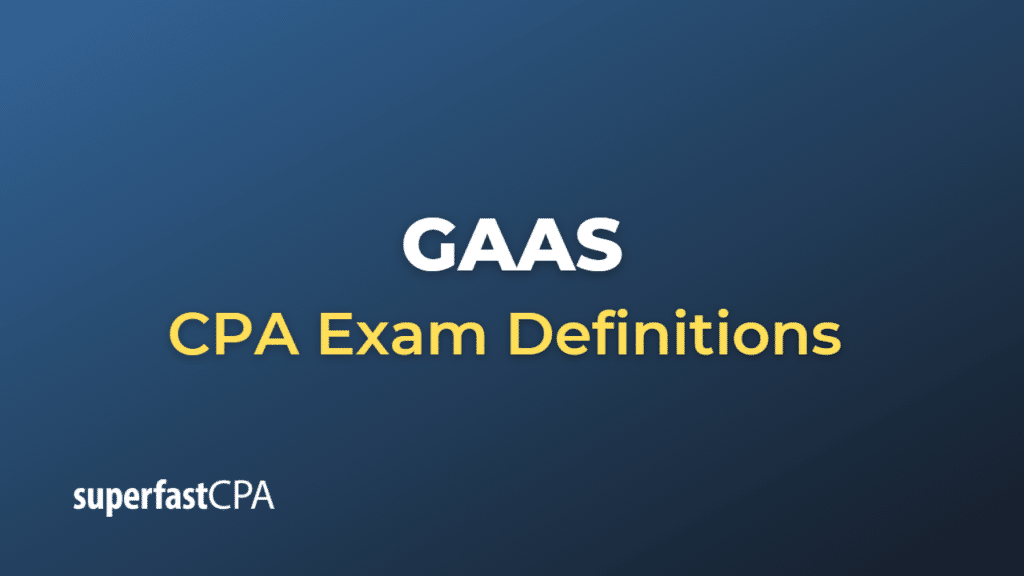GAAS
Generally Accepted Auditing Standards (GAAS) are a set of principles and guidelines that provide a framework for conducting high-quality, independent audits of financial statements. GAAS helps ensure that auditors perform their work with due professional care, competence, and integrity, and that their audit opinions are reliable and credible.
In the United States, GAAS is primarily established and maintained by the Auditing Standards Board (ASB) of the American Institute of Certified Public Accountants (AICPA). The ASB issues Statements on Auditing Standards (SAS), which provide detailed guidance on various aspects of auditing, such as planning, risk assessment, evidence gathering, and reporting.
However, for public companies in the United States, audits must be conducted in accordance with the auditing standards established by the Public Company Accounting Oversight Board (PCAOB). The PCAOB is a non-profit organization created by the Sarbanes-Oxley Act of 2002 to oversee the audits of public companies and protect investors’ interests. The PCAOB’s auditing standards are generally aligned with GAAS but may include additional requirements specific to public companies.
GAAS can be broadly categorized into three main groups:
- General standards: These standards focus on the personal qualities, skills, and professional conduct of auditors. They address the auditor’s independence, professional competence, and the exercise of due professional care.
- Standards of fieldwork: These standards relate to the actual performance of the audit, including the planning and supervision of the audit, understanding the client’s internal controls, and obtaining sufficient appropriate audit evidence.
- Standards of reporting: These standards deal with the communication and presentation of the auditor’s findings and conclusions in the audit report. They require auditors to state whether the financial statements are presented fairly in accordance with the applicable financial reporting framework and whether the audit was conducted in accordance with GAAS.
It is important to note that GAAS represents the minimum standards that auditors must adhere to while conducting an audit. Auditors may also follow additional industry-specific guidelines or adopt more stringent practices to enhance the quality and reliability of their work.













